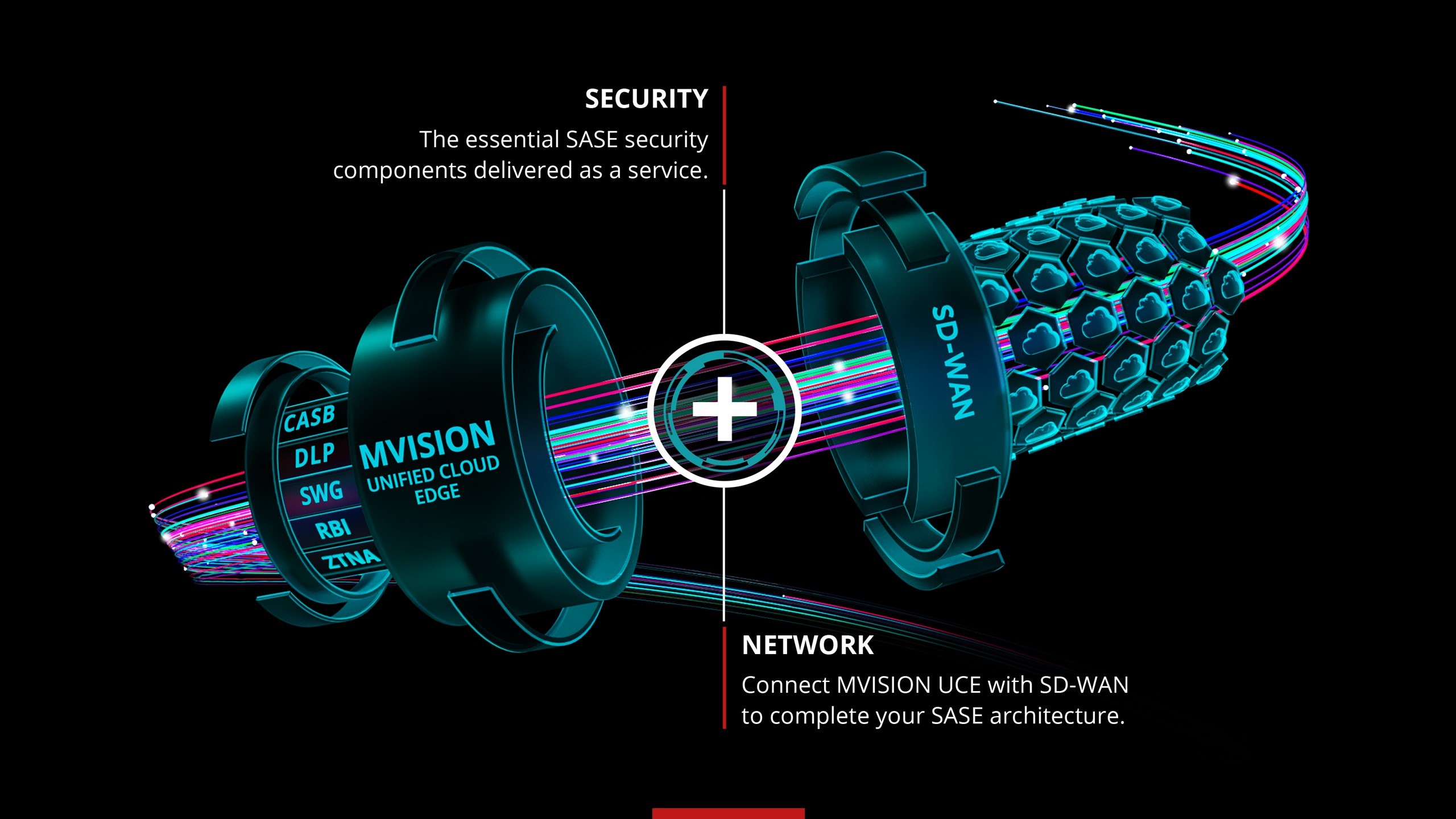
Recent News BigData In 2021
What is BigData?
Big data is defined as data with a higher diversity, arriving in greater volumes and with greater velocity. Simply said, big data refers to larger, more complicated data sets, particularly those derived from new data sources. Because these data sets are so large, typical data processing technologies can't handle them.
Recent News:
ITOps and Big Data Come of Age:

Data and data analytics have always been at the heart of IT operations' decision-making. Capacity planning, resource optimization, workload balance, cost estimates, and security predictions have all benefited from analytics. However, new demands are being placed on IT operations to offer more comprehensive data analytics that can assist decision-making across IT and the broader business.ITOps teams are increasingly expected to have a positive impact on business and customer outcomes, and their capacity to collect, analyse, and apply data to support a variety of decision-making processes is becoming a primary priority.IT operations teams are being pushed to reduce costs, migrate to the cloud, increase productivity, and innovate at the speed of business while also being more proactive in resolving operational issues – in other words, do more with less. They must ensure that their clients are happy and renew their business while coping with these issues.At the same time, open source tools and technologies have supported rapid and agile software development through convergence across hardware and software; cloud, on-premise, and edge; and DevOps/ITOps. Every I/O leader must ensure an always-on customer experience, zero interruption in the marketplace, and leading competitive differentiator.
Infographic: The Rise of AI in the Call Center Industry:

With artificial intelligence's rapid advancement, it's no wonder that the technology is now being used in a wide range of applications across a variety of industries. Many of the tasks that humans perform in the workplace are now automated and handled by AI. The call centre sector is one example of an industry that is using AI to its advantage.Think tanks claimed AI will be a plague to the industry because of its ability to understand and analyse inquiries and provide relevant solutions. Call centres, on the other hand, have used AI to improve performance, increase customer satisfaction, and supplement an agent's call information.Artificial intelligence will soon break into the call center industry even more to complement the work of human agents, and its wide potential applications are promising. The infographic below courtesy of our friends over at Executive Boutique will show you some statistics about artificial intelligence and how call centers can integrate AI into their existing business processes.
Technology Play at Tokyo Olympics 2020:

The global pandemic has wreaked devastation on people all around the globe. However, the world must continue on, and the show must go on as planned. Tokyo Olympics 2020 will take place in 2021, with a big opening ceremony scheduled for this Friday, July 23rd. There are undoubtedly various ideas and perspectives regarding the occurrence in these conditions. While the actual sporting events take place in various venues of Olympic stadiums, technology plays a key part in making Tokyo 2020 the most technologically advanced Olympic Games yet. Let me briefly summarise a few of them for your consideration.For the Olympic and Paralympic Games in Tokyo, cutting-edge facial recognition will deliver a large-scale facial recognition system. Over 300,000 persons will be identified using facial recognition technology at the Games, including competitors, volunteers, media, and other employees for entrance points to venues and accommodations.Preventing hazards associated with identity fraud and decreasing excessive wait times for ID checks are just a few of the advantages. Gigabit connectivity, new mobility solutions, more immersive viewing experiences, cutting-edge smart city applications, and advanced broadcasting services are all possible thanks to 5G technology and infrastructure platforms.For its mission-critical environment, the ICT infrastructure supporting the Olympic Games operations will be critical. This ICT infrastructure will link 42 competition venues, including the Olympic Stadium, as well as non-competition venues including the Athletes' Village, Tokyo 2020 headquarters, broadcasting setups, hotels, and others.Virtual tours of the art, culture, and history of the Olympic Games are now available to audiences all around the world via the “Olympic Agora” cultural hub. Through Japan's hospitality, I hope this global athletic event brings strength and a sense of oneness. The worldwide fascination of this historic and world-largest sports event for the audience.
Why Modeling Languages are the Key to Data-Based Decision Making:

If the pandemic has taught us anything, it is that businesses in all industries must better utilise data in order to remain competitive. According to studies, the digitization of customer and supply-chain contacts has increased by three to four years in the last year.While everyone is hopping on the data-driven decision-making ‘train,' a word of caution: digital transformation success rates have historically been low.Think about it. Your data has the ability to provide insight into go-to-market strategy, assist in the identification of business prospects, assess who is ready for promotion, and assist in the addition of features that your customers would enjoy (and your competitors will envy). It can reveal unmet demands or trends that your organisation can take advantage of.
1)Data collection:Data collecting entails creating methods for transferring data from various sources to a database.
2)Data modeling:Data modelling is the process of arranging raw data in order to construct business logic that governs how data is created, saved, and altered.
3)How do you build a self-service system that allows users to answer inquiries on their own?
The ultimate goal of establishing a data foundation is to create a single source of truth for the entire company. Every data element is mastered in only one place using this structured information model and related data scheme, giving the business logic latent in SQL queries a home.Everyone utilises the same terminology to express essential KPIs and data, which increases data quality, cooperation, and productivity while decreasing discrepancies, all of which lead to increased confidence.
McAfee Enterprise introduces industry leading comprehensive, data-centric solution to secure private:

MVISION Private Access, a new integrated method from McAfee Enterprise, enables granular "Zero Trust" access and extends data and threat protection capabilities to private apps hosted across hybrid IT environments.As the Covid-19 pandemic eases in some areas, several companies are expanding their remote work options. The traditional office has given way to a hybrid work environment, in which employees increasingly rely on the cloud for high-speed, low-latency data access and seamless collaboration.According to a Deloitte survey of CIOs, 62% of workloads will be in the cloud by the end of 2021, up from 41% in 2019. This includes public, private, and hybrid cloud deployments.Organizations are quickly adopting Zero Trust Network Access due to its security and flexibility advantages over VPN as private applications migrate to the cloud. Organizations must recognise, however, that private apps are just as likely as SaaS apps to offer a data theft risk, and that this risk must be mitigated,” said Christopher Rodriguez, Research Director, IDC.
How Big Data and Analytics is transforming the Startup World:

Despite the pandemic, an increasing number of Indian firms are reaching the unicorn club, indicating that the country's new-age startup ecosystem is thriving. The dynamic nature of the entrepreneurs, who have a digital and competitive mindset, can be linked to the rapid rise.Young businesses are charting their course for growth based on data insights gleaned from a variety of sources, rather of relying on guesswork and assumptions, posing a challenge to established business models.Startup founders are typically professionals with international experience who have a strong grasp of the immense potential of new generation technologies such as AI, machine learning, big data and analytics, IoT, cloud computing, and robotics, among others.The new age entrepreneurs, who are highly imaginative, nimble, and disruptive, aspire to solve a societal problem or possibly develop a completely new market category. New-age deep technology and IP-driven innovation are the foundations of these businesses.By analysing big data sets and deriving actionable insights, Big Data and Analytics, a new generation technology, assists entrepreneurs in identifying and discovering previously overlooked business prospects. To improve company outcomes, new goods can be developed or existing ones can be updated.By identifying hidden patterns and their correlation, high-speed business insights can help organisations make timely, educated decisions.
Aditya Birla Group (ABG) bets on a data-driven future:

The Aditya Birla Group, a Fortune 500 company and a global conglomerate, has recognised the true value of a data-driven strategy and has launched a series of initiatives to assist the conglomerate in putting data to better business use and extracting optimal value from data for better, faster decision making. However, in a world where data is exploding, finding the correct insights isn't easy. Deep Thomas, Aditya Birla Group's Group Chief Data & Analytics Officer, discusses the key problems that businesses face. “While investments in Big Data and AI have been continuously increasing over the last few years, the percentage of organisations that identify as ‘data-driven' has been steadily dropping.Organizations that want to go from using data as a back-of-the-envelope tool to making data a strategic necessity for their operations face a number of hurdles. These concerns include enabling digital and AI adoption, overcoming cultural resistance to change, managing people and process issues, and misalignment of organisations around data goals.To genuinely embrace a data-driven culture, firms must re-invent themselves and their internal procedures. It's the only way for businesses to remain relevant in the future.”










